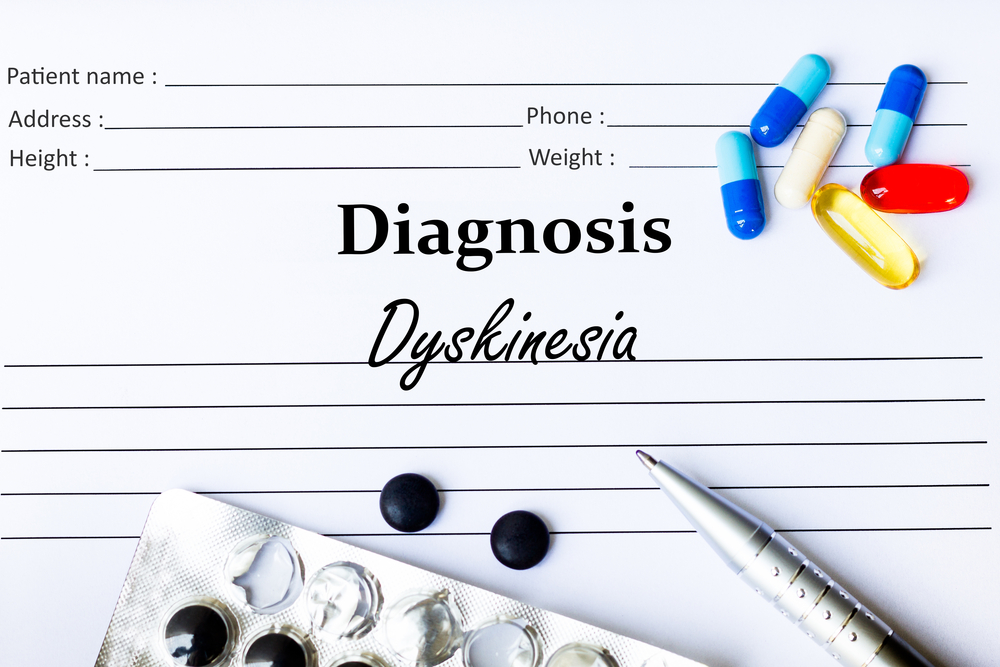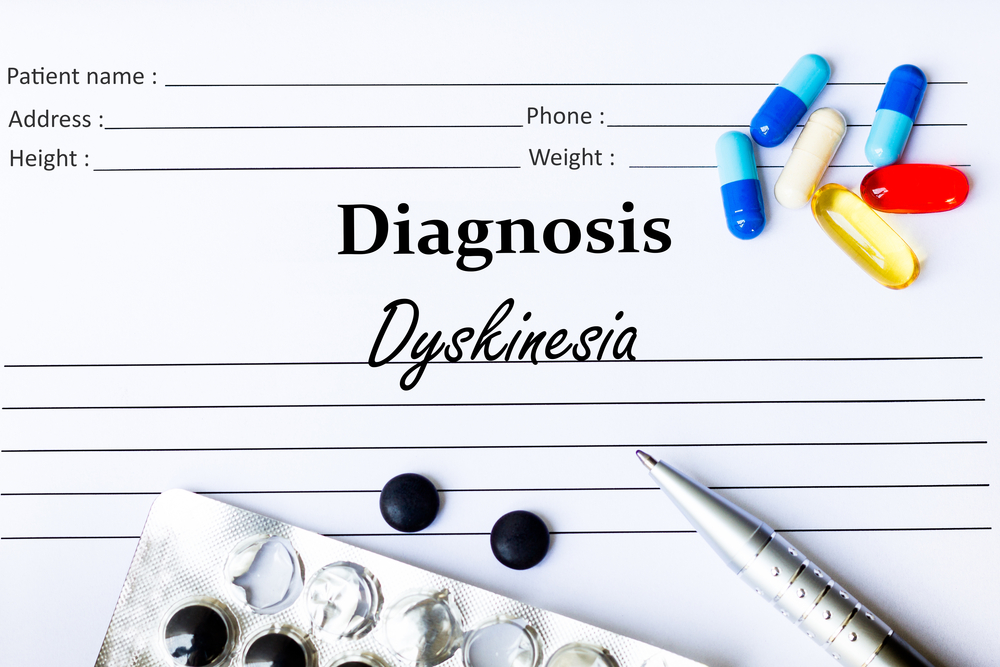Essential Responsibilities Every Caregiver Should Know
This article highlights the essential duties caregivers must perform, including developing care plans, managing medications, assisting with daily activities, handling household chores, providing medical support, and coordinating appointments. Skilled caregiving ensures the well-being and independence of those in need, making it a vital role in healthcare support systems.
Sponsored

Caregivers play a crucial role in supporting individuals with health challenges, helping them maintain independence and quality of life. Whether assisting seniors, disabled persons, or those recovering from illness, caregivers perform a variety of tasks to ensure well-being. Their work involves supervising daily activities, administering medication, and providing emotional support. Despite the unpredictable nature of caregiving, certain core duties remain constant, guiding caregivers in delivering effective care every day.
Here are key responsibilities caregivers are expected to uphold.
Developing a tailored care plan
Creating a personalized plan of care based on an individual’s strengths and health needs is fundamental. This guides caregivers in understanding the amount of support required and helps establish a structured routine from the start.
Managing medications
Caregivers are tasked with supervising medication schedules, ensuring correct doses are taken on time, and refilling prescriptions when necessary. Proper medication management is vital for patient safety.
Supporting daily activities
Assisting with essential tasks such as bathing, dressing, eating, and medication administration is a primary obligation of caregivers, ensuring patients’ comfort and independence.
Household chores and meal prep
Preparing meals, laundry, shopping, and cleaning are integral to caregiving, contributing to a clean and nourishing environment for the patient.
Providing medical support
Caregivers often facilitate physical therapy, injections, and other treatments, collaborating with healthcare professionals to follow the care plan and handle emergencies effectively.
Managing appointments and transportation
Arranging and accompanying patients to medical appointments or outings ensures consistent healthcare access and social engagement.






